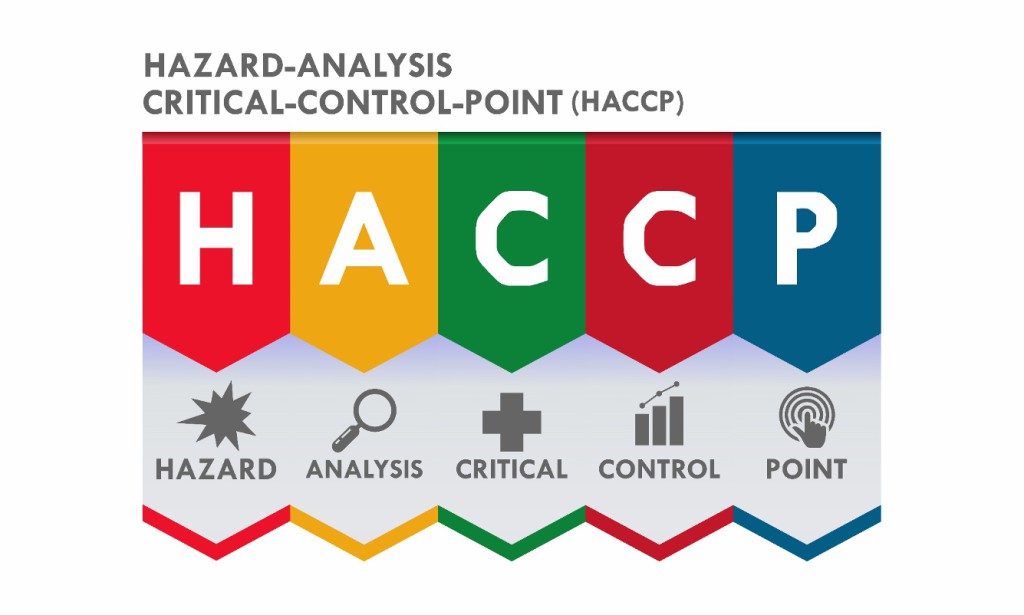HACCP Certification: Your Essential Guide to Food Safety Compliance in Dublin, Cork, Galway, and Across Ireland
In today’s food industry landscape, where consumer safety is paramount, understanding the importance of HACCP (Hazard Analysis Critical Control Point) training is crucial for food business operators across Ireland, particularly in vibrant cities like Dublin, Cork, Galway, Limerick, Waterford, and Belfast. This article delves into why HACCP training is not just a recommendation but a legal requirement for food businesses and how it assists in maintaining compliance with both Irish and EU food safety laws.
What is HACCP? Understanding the Core Principles of Food Safety
HACCP is a systematic approach to food safety that focuses on preventing hazards rather than inspecting finished products. Its seven core principles include:
- Conduct a hazard analysis.
- Determine critical control points (CCPs).
- Establish critical limits for each CCP.
- Establish a monitoring system for each CCP.
- Establish corrective actions.
- Establish record-keeping procedures.
- Verify that the system is working effectively.
These principles serve as a robust framework for identifying, evaluating, and controlling food safety hazards in food production and preparation.
The Business Benefits of HACCP Training and Certification in Ireland
Investing in HACCP training provides several strategic advantages for food businesses:
- Legal Compliance: HACCP training is mandated under Irish food safety law, including regulations derived from EU directives. Non-compliance could lead to severe legal ramifications including fines or closure.
- Reducing Foodborne Illness Risk: Food contamination can lead to serious health repercussions. HACCP training equips staff with the knowledge to minimize these risks, ensuring safer food for consumers.
- Building Trust with Customers: A HACCP certification verifies a business’s commitment to food safety, significantly enhancing its reputation among consumers.
- Operational Efficiency: Implementing HACCP can streamline processes, optimize inventory management, and reduce wastage through recognized best practices in food safety.
How to Get HACCP Certified: A Step-by-Step Guide for Food Businesses
Achieving HACCP certification involves several key steps that ensure a comprehensive understanding of food safety principles:
- Understand the Legal Requirements: Familiarize yourself with Irish and EU regulations regarding food safety training.
- Enroll in a Recognized HACCP Training Course: Options for training include online HACCP courses or in-person workshops, varying in length and depth (e.g., HACCP Level 1 & 2).
- Implement a HACCP Plan: Develop and deploy a HACCP plan tailored to your specific food business, focusing on identified hazards.
- Document Everything: Maintain records of your HACCP analysis, critical control point monitoring, and corrective actions.
- Seek Certification: Engage with certifying bodies who will audit your practices and grant certification if compliance is met.
Comparing Online vs. In-Person HACCP Training Courses
When selecting a HACCP training course, consider:
- Flexibility: Online HACCP training offers convenience, allowing staff to learn at their own pace, which is ideal for busy operations.
- Engagement: In-person training often includes hands-on experiences, which can enhance understanding and retention of course material.
Ultimately, the choice may depend on your team’s learning preferences and schedules.
Common HACCP Violations and How to Prevent Them
Awareness of common violations can bolster compliance efforts. Here are some frequent issues:
- Not conducting a thorough hazard analysis: Ensure all potential hazards specific to your operations are analyzed.
- Inadequate record-keeping: Develop a robust system for documentation that is easy to maintain and access.
- Neglecting training: Regularly update your team’s training to encompass new practices and ensure a culture of compliance.
How HACCP Compliance Enhances Business Reputation and Consumer Confidence
In an era where consumers are increasingly concerned about food safety, HACCP certification not only fulfills legal obligations but becomes a marketing asset. Customers are more likely to trust businesses that are HACCP certified, knowing their health is prioritized.
How to Conduct a HACCP Audit and Maintain Ongoing Compliance
Regular audits are crucial in ensuring sustained compliance. Steps include:
- Review existing records and procedures against current regulations.
- Assess the effectiveness of implemented HACCP plans.
- Identify areas for improvement and put corrective actions in place.
Conclusion & Call to Action
In conclusion, HACCP training is not merely a legal requirement; it is an essential investment in your food business's future. By prioritizing food safety and implementing HACCP principles, businesses in Dublin, Cork, Galway, Limerick, Waterford, and Belfast can protect their customers and enhance their reputation.
If you’re ready to ensure compliance and boost your food safety practices, consider enrolling in a HACCP training course today. Contact us at [email protected] for more information and to get started on your HACCP compliance journey!



 349,500 Offered Certificates
349,500 Offered Certificates
 24/7 Online Training
24/7 Online Training
 Money Back Guarantee
Money Back Guarantee
 Fully Accredited Courses
Fully Accredited Courses
